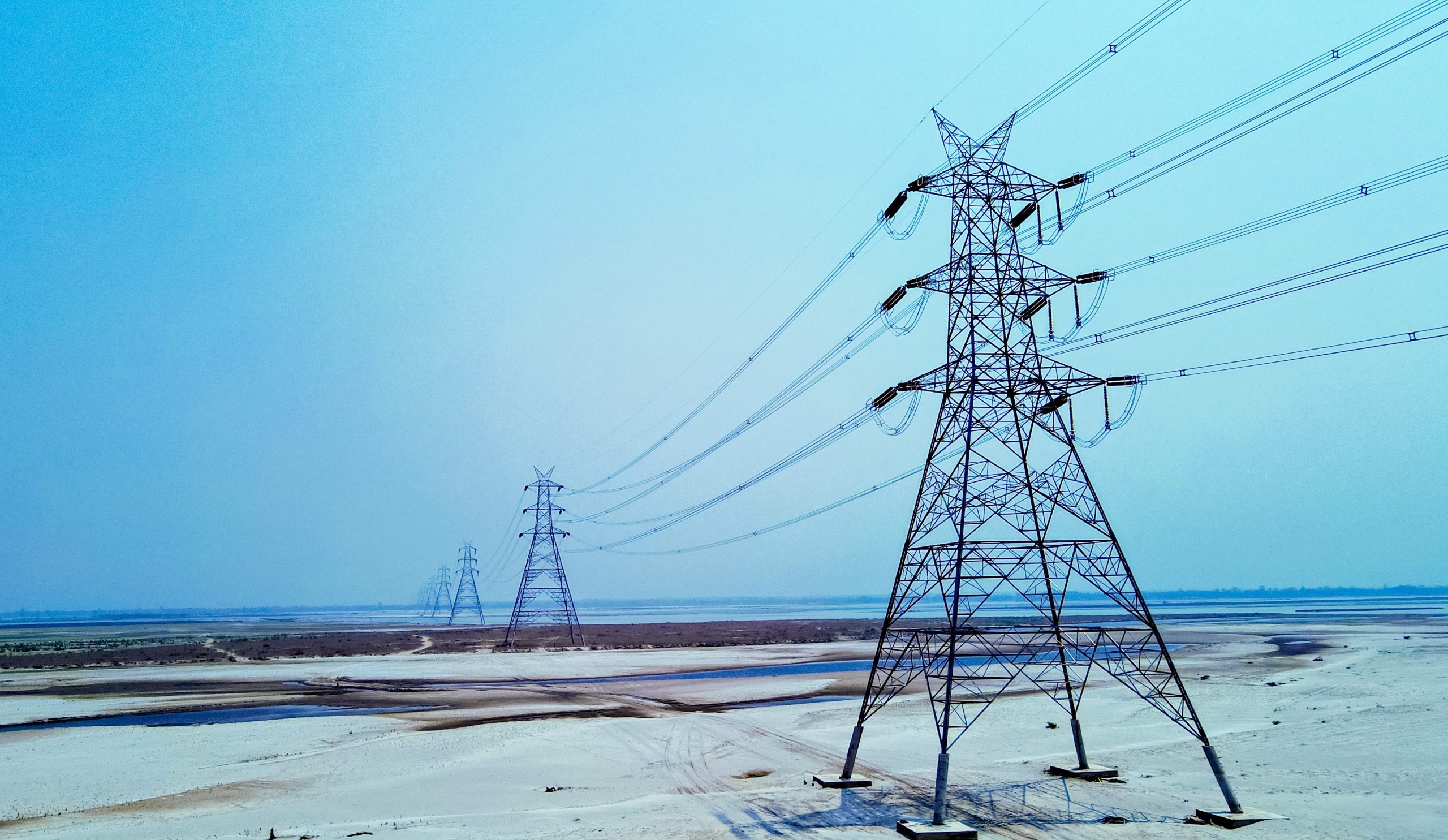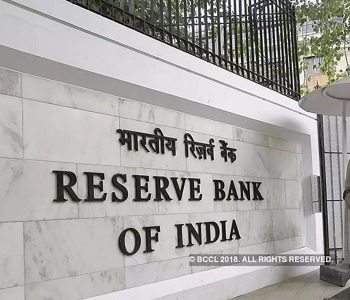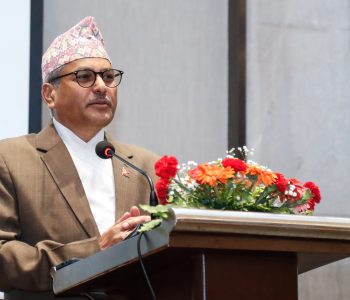Nepal Electricity Authority and Bangladesh Power Development Board set to formalize agreement for 40 MW electricity purchase

KATHMANDU: The Bangladesh Power Development Board (BPDB) has officially corresponded with the Nepal Electricity Authority (NEA) to formalize an agreement for purchasing and selling 40 megawatts (MW) of electricity generated in Nepal. This development follows the acceptance of NEA’s bid for selling 40 MW of electricity during the 6-month monsoon period.
Tender and Agreement Process
BPDB initiated the tender process on January 1, 2024, to purchase 40 MW of electricity from Nepal for a five-year period, in alignment with the tripartite agreement involving Bangladesh, India, and Nepal. The NEA submitted its tender document, adhering to the prescribed electricity pricing format. After evaluating the bid documents, BPDB informed NEA of their acceptance.
Under the legal provisions, the NEA must send a written notice of acceptance to BPDB within seven working days. Following this, BPDB will provide the draft power sale agreement to NEA, which needs to be finalized within 28 days of receiving the draft. This tripartite agreement will involve NEA, NTPC Vidyut Vyapar Nigam (NVVN) of India, and BPDB.
Export Preparations
Kulman Ghising, Managing Director of NEA, stated that the necessary processes are being completed to export electricity to Bangladesh this rainy season. “The draft of the tripartite electricity sales agreement has been agreed upon by all three parties, so the agreement will be finalized soon. After that, we will send the list of projects to the Central Electricity Authority of India for approval to export electricity to Bangladesh. Since it takes time to get approval for new projects, we will send a proposal for approval to export electricity to Bangladesh from the projects that have already received export approval in India,” he said.
NEA plans to export electricity produced by the 25 MW Trishuli and 22 MW Chilime hydropower projects, which were built with an Indian grant and are owned by NEA. Both projects have already received approval for electricity export in India.
Financial Details
NEA will sell 40 MW of electricity to Bangladesh for the six months of the rainy season, from June 15 to November 15, every year for five years. The agreed fee for this sale is 6.40 US cents per unit.
The electricity will be transmitted through the Dhalkebar-Muzaffarpur 400 kV transmission line, the first international transmission line between Nepal and India, with the pricing point at Muzaffarpur. NEA will bear the technical leakage of the transmission line from Dhalkebar to Muzaffarpur. The electricity will then reach Bangladesh through the Bahrampur (India)-Bheramara (Bangladesh) 400 kV transmission line.
Costs and Pricing
Ghising highlighted that Bangladesh would cover all taxes and fees, including transmission line fees, leakages, and trading margins taken by NVVN after the Muzaffarpur point. The per unit rate of electricity is expected to be around 7.6 cents when it reaches the Bangladesh border. “We will get 6.40 cents at the Muzaffarpur point, and since the payment will be in dollars, there is no risk of currency exchange. The rate we received for selling electricity during the rainy season is reasonable,” he said.
Broader Implications
This agreement marks a significant step in fostering regional cooperation and trade in electricity. Ghising noted, “The symbolic electricity trade with Bangladesh at the government-to-government level in the first phase will, on one hand, facilitate and support large-scale regional trade in the future and, on the other hand, open many other avenues for electricity trade.”
The successful implementation of this agreement could pave the way for enhanced economic ties and energy security among the participating nations, promoting stability and growth in the region. The collaboration between BPDB, NEA, and NVVN reflects a growing trend towards regional energy integration, which could serve as a model for similar initiatives in other parts of the world.














Facebook Comment